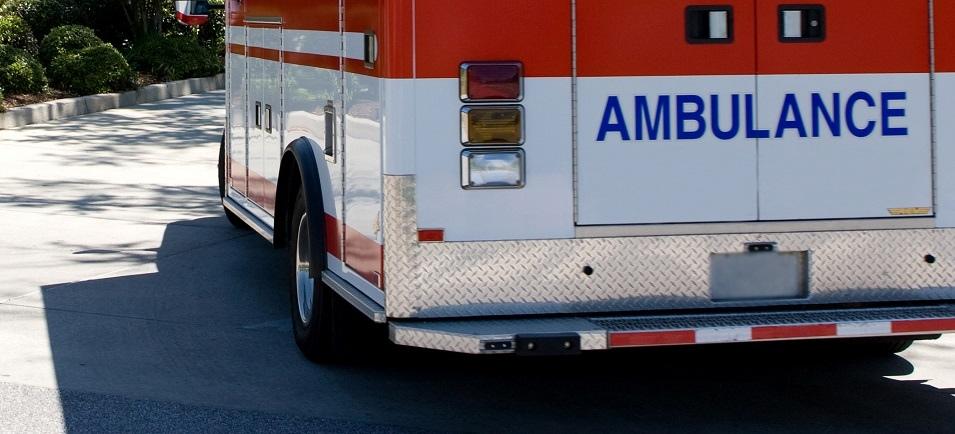The Town of Niverville is setting out to overturn a recent decision by the provincial government that doubles the insurance coverage requirements for rural paramedics.
On October 20, council passed a resolution asking for help from the Association of Manitoba Municipalities to lobby the government to reconsider recent decisions made by the College of Paramedics of Manitoba (CPMB) which are being applied to all paramedic care professionals, whether they’re employed by a regional health authority, a private agency, or work in a volunteer capacity.
The changes coming from the CPBM are threefold. Number one, the liability insurance provided for first responders by the town will be no longer be recognized. Two, the College is initiating a new $550 annual registration fee for paramedics. Three, they are requiring licensed individuals to submit membership fees directly to the College, cutting out their respective municipalities.
The town feels these requirements will result in considerable new costs, which will be passed down to taxpayers, as well as financial inconvenience and red tape for first responders and municipalities.
“Our responders are currently covered under the town’s insurance, and have always been,” says Eric King, CAO for the Town of Niverville. “The College is new to the province and is unilaterally deciding to add new requirements to our members who serve our community. They are requiring the responder to take out insurance which the town has already done on their behalf. Why are they needing to be double-insured? On top of that, if we were to accept the need for double the insurance, why couldn’t we pay it directly on behalf of our members?”
The town employs approximately 14 first responders and estimates that the new regulations will add an additional cost to the town’s budget—costs which they have not accounted for.
“It is $7,000 which has never been budgeted for, and therefore costs our residents more,” says King. “So why can’t we have a lower fee for a volunteer? And why can’t this institution recognize municipal insurance? From our side, it looks like another level of bureaucracy aimed at not providing any additional benefit to the taxpayer.”
The province established the CPMB on June 1, 2018, under the recommendation of former Health Minister Kelvin Goertzen to allow the self-regulation of paramedicine services by paramedics in the province. At the time, concern was expressed over the government creating another level of bureaucracy during a time when drastic cutbacks were being made to healthcare in Manitoba.
Trish Bergal, executive director with the CPMB, says the new requirements are in line with the Regulated Health Professions Act (RHPA), under the College of Paramedics of Manitoba Regulation, which says that a member who holds a certificate of practice must hold a policy of professional liability insurance of an approved type.
Bergal says asking first responders to have their own liability insurance under the College, not under a municipality, is consistent with other self-regulated health professions. She says this is because paramedics have the ability to become self-employed.
“Under the current regulation, paramedics provide care under the complete medical oversight of a physician,” says Bergal. “All care provided is in the form of a delegation. Under the RHPA, paramedics have an increased scope of practice, function independently, and work under their own certificate of practice. In addition, paramedics can take on self-employed roles. Therefore, in keeping with the College mandate to protect the public interest, paramedics must have their own professional liability insurance policy.”
Bergal acknowledges that the College has received much communication on behalf of municipalities who have been impacted by this change. She has not said there’s any chance of the College working with these municipalities to find alternate solutions.
“The decision of [CPMB] in relation to the type and amount of professional liability insurance is final,” says Bergal. “The decision reflects best practice in a self-regulated profession and provides the public with the greatest assurance and protection.”
A provincial spokesperson for Emergency Medical Services (EMS) also provided a statement on the contentious issue between the town and the CPMB.
“Paramedics are highly skilled healthcare professionals who provide quality, life-saving care in communities throughout the province,” reads the statement. “The profession has long requested self-regulation as a profession. Similar to all other self-regulating health professions in our province, this move requires paramedics to pay the cost of regulation through the collection of fees by the College of Paramedics of Manitoba via a fee structure. The College of Paramedics is setting out the regulatory fees for the profession. Some municipalities rely on volunteer services and may be asked to pick up the costs of the fees of the college and for the purchase of liability insurance.”


